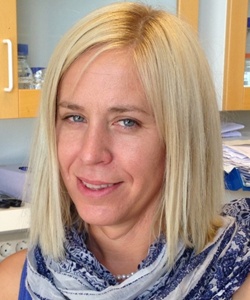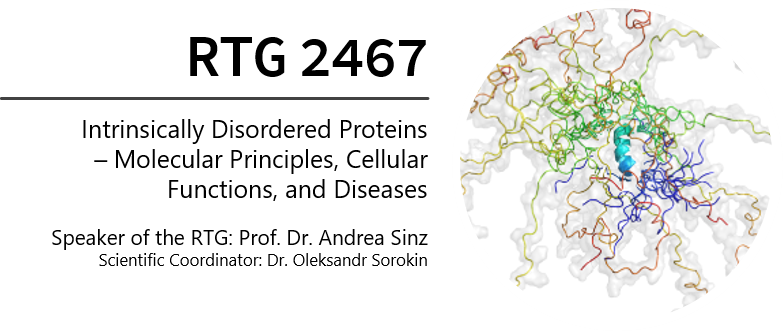
University of Uppsala, Sweden
Ylva Ivarsson obtained her MSc in Chemistry 2001 and a PhD in Biochemistry from Uppsala University, Sweden, in 2006. Her PhD research focused on an evolutionary rate analysis of glutathione transferases and demonstrated how hypervariable residues can drive functional diversification. She held three international postdoctoral positions in Italy (University of Rome), Belgium (University of Leuven), and Canada (Donnelly Center, University of Toronto) on diverse topics, such as protein folding and misfolding, protein/phospholipid interactions and motif-based protein-protein interactions. In Toronto, she developed a method called proteomic peptide phage display. She was awarded a young investigator grant from the Swedish Research Council and returned to Sweden to start an independent research group in the Department of Chemistry, Uppsala University in July 2013. In 2018 she was promoted to a tenured Associate Professor position. Her research combines biochemical and biophysical methods with bioinformatics and cell-based approaches to explore interactions between modular domains and short linear motifs found in the intrinsically disordered regions (IDRs) of target proteomes. It is focused on affinity, specificity, regulation and deregulation of these motif-based interactions.
Website: https://ivarssonlab.com/
